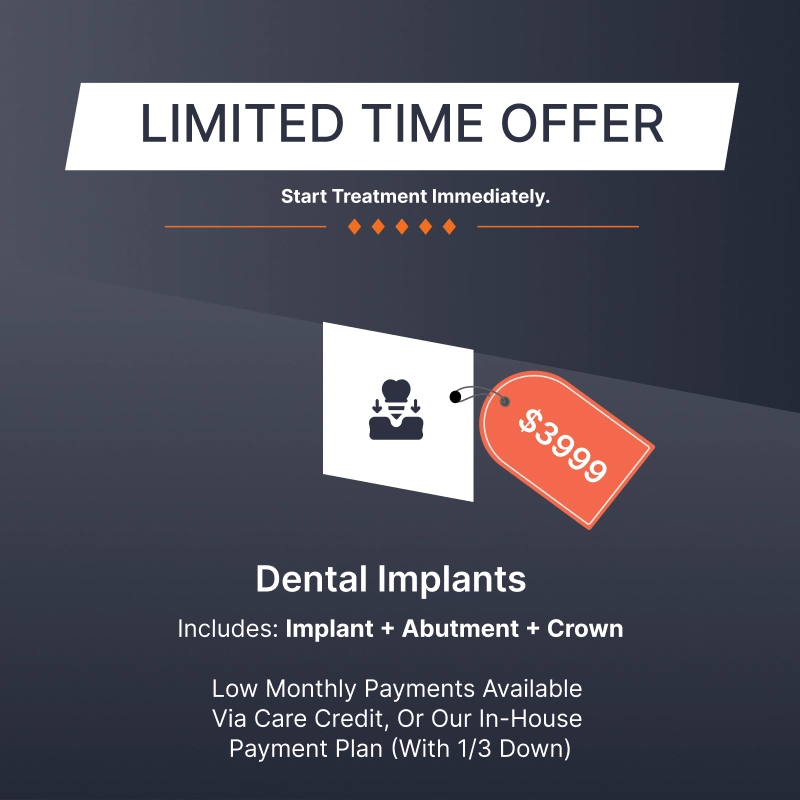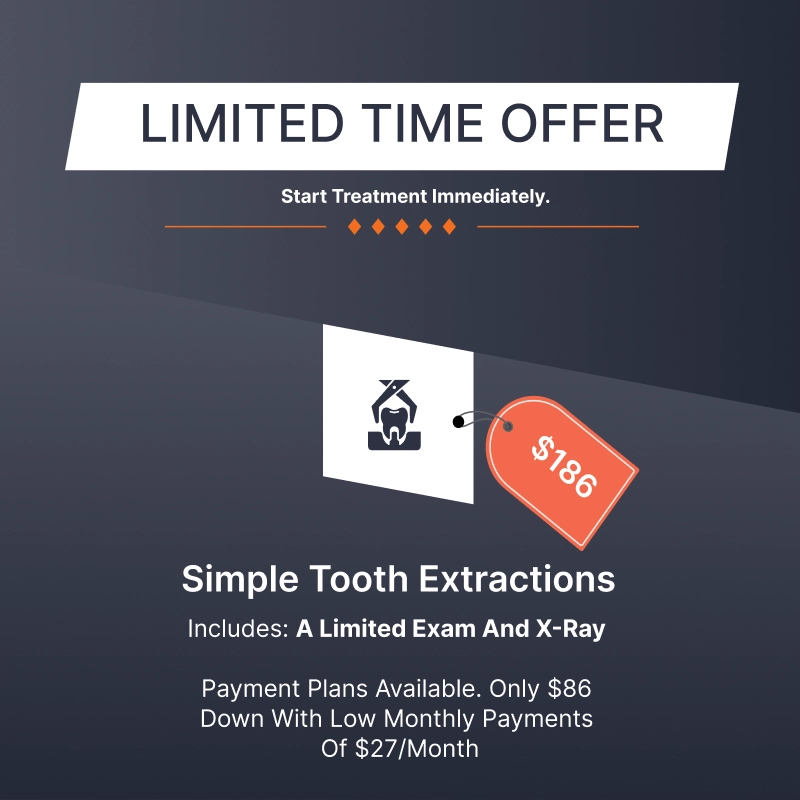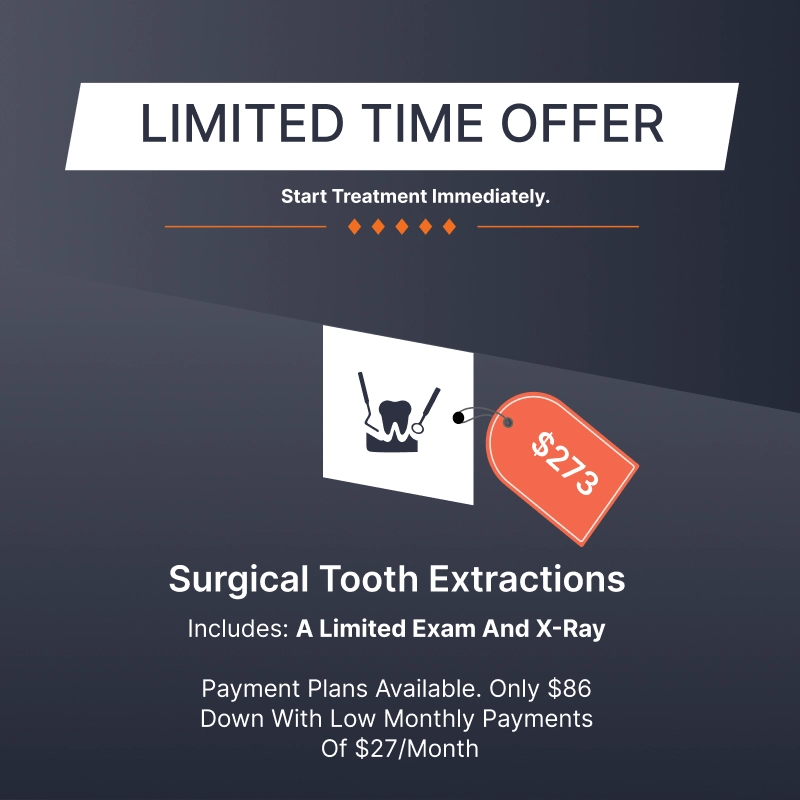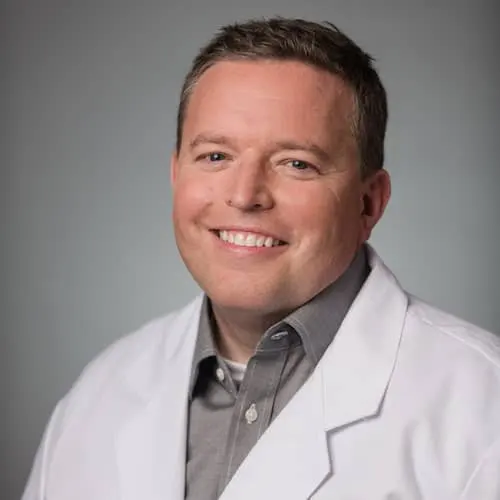Only 50% of adults see the dentist regularly. A large portion of those avoid regular dental care due to anxiety and fear caused by previous dental appointments. There are many things about dental care that can cause anxiety; media portrayal of dentists, sounds, smells, injections, the close proximity, etc. etc.
Most dental offices are trying to change or have already changed that experience. Many dentists offer: televisions in the ceilings with movies and headphones, comfortable dental chairs and blankets, drills that make less sound or air abrasion or lasers that make no sound at all, aromatherapy, and new techniques to get you numb and make sure you are numb.
Even still there are many whose negative history of dental experiences need more help. There are 4 main methods of sedation that are commonly used to make dental appointments easier. They are, nitrous oxide sedation, oral conscious sedation, intravenous conscious sedation, intravenous deep sedation.
Nitrous oxide dental sedation is administered through a small mask that rests on your nose. A mixture of nitrous oxide and oxygen flows through the mask. Within minutes you feel more relaxed, time seems to pass more quickly, and you may feel warm and happy. Occasionally your arms and legs might feel heavy and toes and fingers might feel tingly. It is sometimes called “laughing gas” because of the good feelings that most experience. Following your appointment, you breathe pure oxygen for a few minutes and you are safe to drive as the “relaxing gas” takes only a few minutes to wear off. So what’s the downside, if you are given too much nitrous oxide in the mixture for too long you may become nauseous. Nitrous oxide will not make you forget or fall asleep.
Oral conscious sedation dentistry involves the use of medications that are taken usually one hour prior to your dental appointment. You are given a ride to your appointment. Oftentimes additional medication may be given in the office, depending upon how comfortable you are. The most commonly used medications are benzodiazepenes, like Valium, Halcion, and others. These medications are commonly used as sleeping pills and so many patients sleep through portions of their appointments. They also cause amnesia and so many dental patients remember little if any of their dental appointment. Your pulse, blood pressure, and breathing should be monitored during the procedure. Following the procedure, your escort will drive you home and stay with you for a few hours after your procedure to make sure you recover safely.
Intravenous conscious sedation is very similar to oral conscious sedation except an IV is placed. Having an IV in place allows the sedation dentist to easily deepen the level of sedation if needed, it also allows for a more precise dosage to be administered, but otherwise the sedation effects are very similar to oral conscious sedation.
Deep intravenous sedation dentistry is usually provided by a dentist anethesiologist or an oral surgeon. This form of dental sedation results in a patient that is completely sedated. You will be asleep for the entire procedure, and you will not remember the procedure. Like conscious sedation you will need a ride to and from the appointment and someone to watch you for a few hours while you recover.
So which form of dental sedation should you choose? It depends on your level of anxiety, budget, and the dental treatment planned.
- Do you want to be relaxed or asleep? If your answer is “asleep,” deep sedation would be preferrable.
- Is it ok if you might remember portions of your dental appointment or do you want to have no memory of your visit? If you answer is, “no memory,” then deep sedation would be preferrable.
- Deep sedation is more expensive than other forms of sedation. Dental insurance generally only covers sedation if removal of wisdom teeth are involved. So cost can become a deciding factor. Most dentists offer financing plans so that costs can be arranged to fit your budget.
- It also may depend on what dental treatment is needed. If you need only minor care, nitrous oxide may be successful. If your needs are more complex or involve surgery, a deeper sedation may be indicated.
Together, you and your dentist, can decide on the best type of sedation dentistry for your concerns and needs. The important thing is that you know that there are alternatives to suffering with poor dental health and dental phobias. With sedation dentistry many people are now able to smile confidently and eat comfortably after years of neglect.
––––––––––
At Legacy Dental, in Salt Lake City, Utah, the dentists offer all forms of sedation dentistry. We are always concerned about your comfort. Please comment below or call us if you have any questions about how sedation dentistry may benefit you or someone you know.







